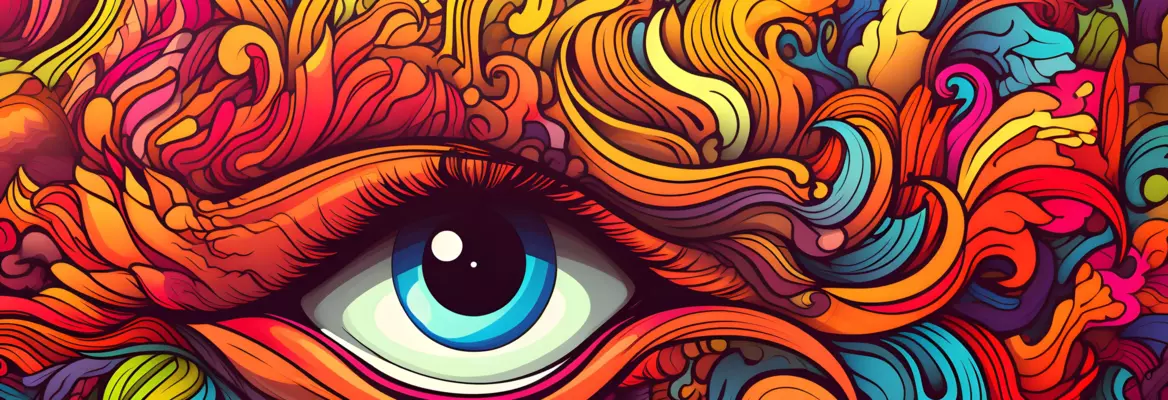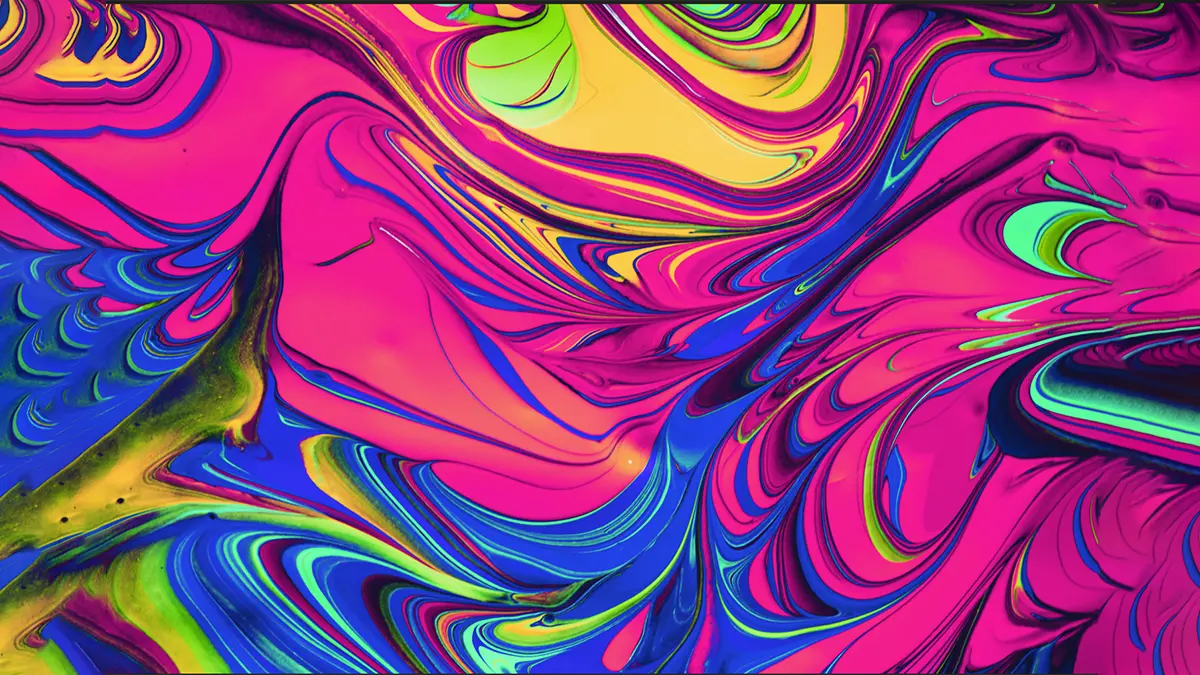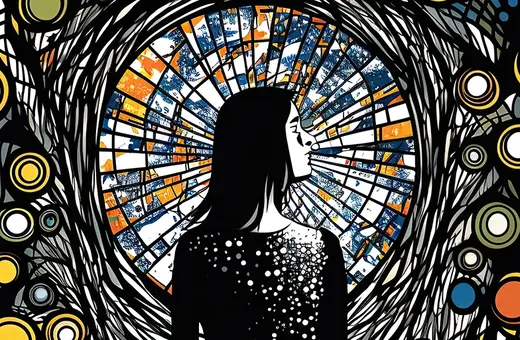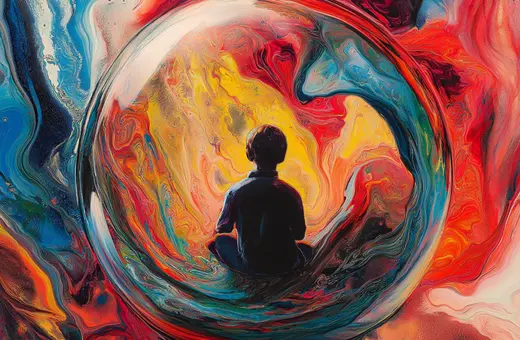Psychedelic experiences famously produce revelations, insight moments that feel intensely truthful and important. However, writes Henry Straughan, we should treat these insights with scepticism: the sense of certainty they bring is not a guarantee of truth. Instead of making new dogmatic claims about reality, the value of psychedelic experiences lies in sceptical openness to different ways of thinking and in understanding the limitations of our own minds.
Psychedelic trips abound in apparent insights. Drugs such as LSD, psilocybin, and mescaline enable the fluid thinking required for solutions to intractable mathematical or technical problems. They produce flashes of creativity that spark musical genius and lead to therapeutic breakthroughs into personal history and present psyche. Of particular philosophical interest, however, is the way psychedelics purport to produce ethical and metaphysical insights into the nature of reality and even religious experiences of the divine itself. These “insight moments” are marked by a peculiarly intense phenomenology: one has the sense of something profound being revealed, of at last understanding the ways things are. Put simply, it is a feeling of truth.
These insights might be temporary, fleeting glimpses or lead to revolutions in belief systems. Many emerge from psychedelics with transformed worldviews. Some arrive at, or return to, particular religious traditions. Others come out with a conviction that beneath everyday reality lies a deeper, transcendent reality, and many carry with them a strong sense of the oneness of all beings. The increasing interest in and ingestion of psychedelic drugs raises the question: what is the worth of these insights? I suggest the value of psychedelic insights lies less in revealing other realities and more in the sceptical openness that arises from the way psychedelics challenge both the authority of everyday experience and call into question the truth of the extraordinary experiences they generate.
While the “psychedelic renaissance” has done much to rehabilitate psychedelics, it is natural to be suspicious of ‘truths’ gained under the influence. A recent paper urges caution about psychedelic insights on the grounds that the feeling of insight is not an infallible indicator of truth. Experiments have shown that although the “eureka moment” is reliably correlated with truth, it does not guarantee truth since false insights can elicit the same feeling. In one experiment, participants read a series of words with closely related meanings (e.g., Grass, Plants, Farmer, Soil). They were asked to solve an anagram that was visually similar to a word related to the list, but was in fact an anagram of an unrelated word. RGNDENEA, for instance, tended to be solved incorrectly as GARDENER rather than ENDANGER. The researchers found that “solving” the anagram produced a feeling of insight, even with incorrect answers.
Indeed, a little reflection shows that at least some psychedelic insights must be wrong. Psychedelics can cause psychosis-like phases in which beliefs about the immediate environment are radically mistaken. Others have insights that are at odds with our best theories of the natural world, and, of course, psychedelic insights often contradict one another, not just between different people but for the same person over different trips (and even during a single trip).






















Join the conversation